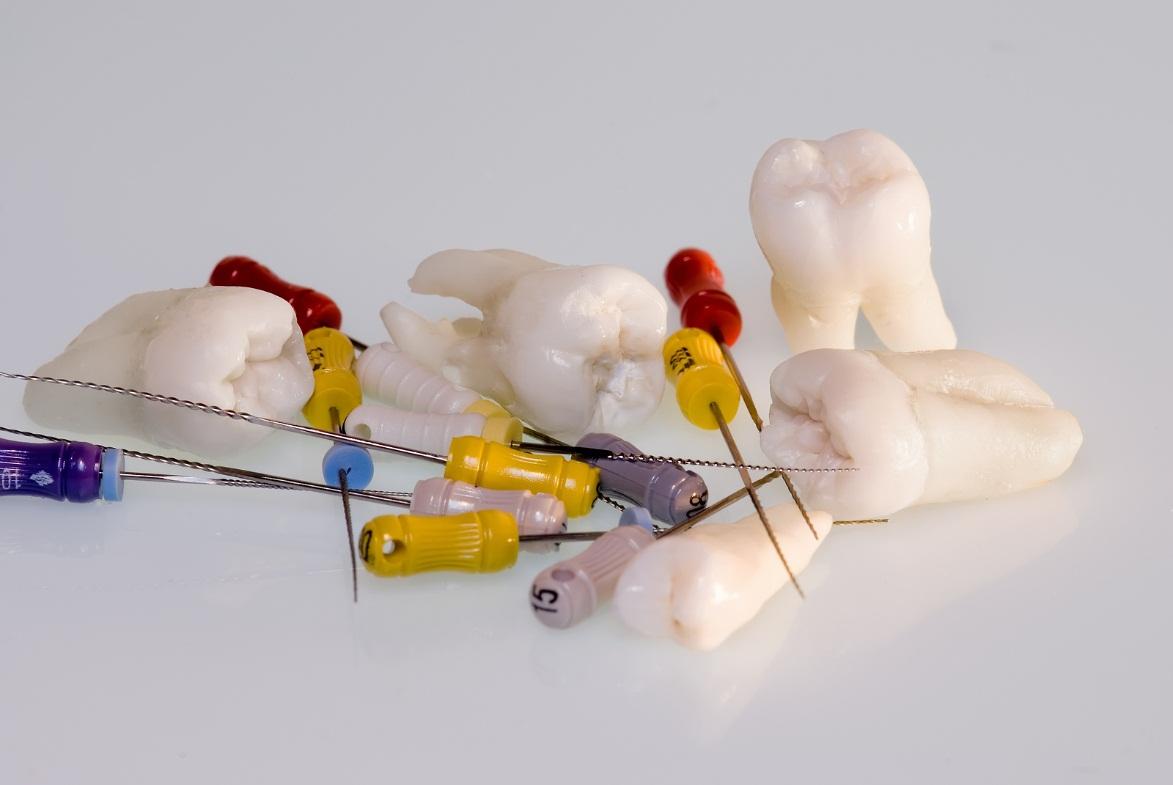A root canal might sound painful, but today’s methods and technology make the whole process faster and less painful. In fact, a trained dentist may be able to take care of the whole procedure in one visit. The key to success is in making the right decisions about post-canal assessment and aftercare.

Will I Need a Crown?
A root canal is simply the removal of infected material from the root and inner tooth. However, sometimes cleaning out the tooth and canal is just the first part of the process. The infected areas are cleaned with a mild solution of sodium hypochlorite, filled-in, and sealed with a compound like Sealapex or Pro-root after the procedure; occasionally, EDTA paste is used to prepare the area first.
One of the most common final touches is adding a crown, but that decision can only be made after assessing the stability of the tooth. A crown is usually placed if the root canal was performed on a back tooth since they are subject to more stress, and removing the pulp weakens the tooth.
The other part of the post-treatment process takes the patient-centered approach of implementing intensive oral hygiene protocols, especially if the work is done in stages over several sessions.
What About Aftercare?
Aftercare is always important. Since the act of removing infected tooth material hollows the tooth and removes living material, the treated tooth is subject to fractures and other problems. You should step-up your brushing and flossing regimen, visit your dentist for regular exams and cleanings, and contact your dentist immediately if there is any unusual swelling or pain after treatment.
The goal of a root canal is to restore the tooth and avoid tooth extraction, thus improving the patient’s quality of life. With proper aftercare and a commitment to better oral hygiene, your crown should last for years post-treatment. Your family dentist will be able to give you information relevant to your situation after an examination.
Sources:
Post Treatment Care aae.org
When Is A Root Canal Without Crown Protection Wise? colgate.com
Root Canal Treatment deardoctor.com
Endodontics: Part 5 Basic instruments and materials for root canal treatment nature.com

Leave a Reply